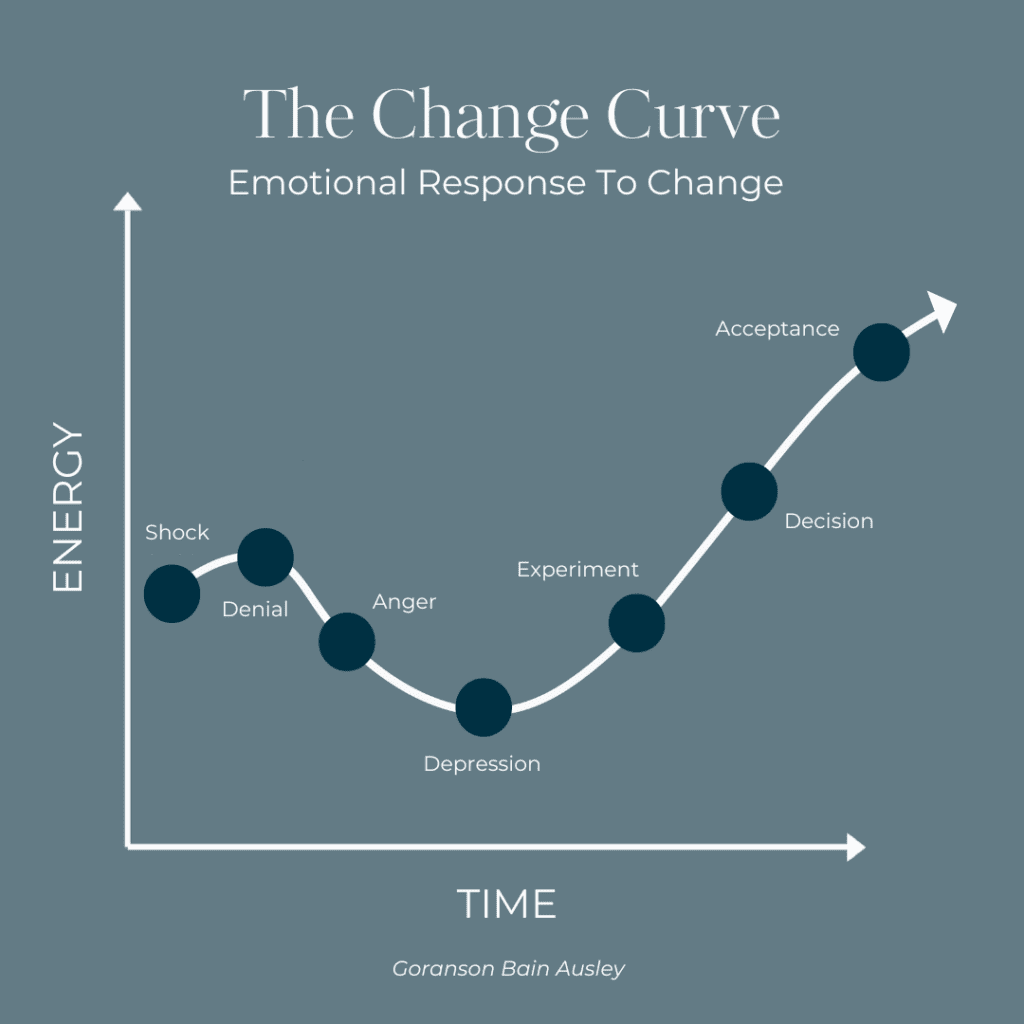Blog
What Is a Divorce Coach, and What Do They Do?
What is a divorce coach, what do they do, and how can they help navigate the emotional complexities of divorce? Divorce coach Eric Robertson answers these questions and more in his latest blog.
Blog
What Are the Benefits of Working With a Divorce Coach?
Learn about the benefits of a divorce coach and how they can support you through the divorce process.




